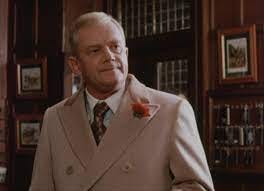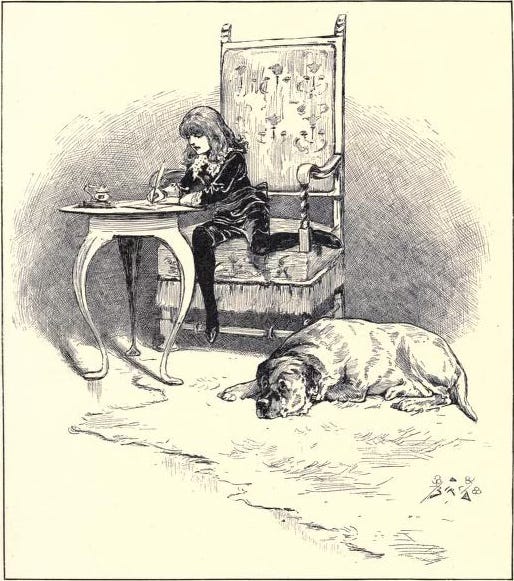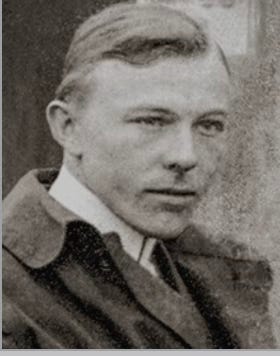I’ve been thinking a lot about
’s post on ‘elites,’ which Daniel rightly regards as one of the most nebulous words we have. Elite seems to mean everything and nothing. Everybody wants to be elite — probably no other terms sells quite like it, ‘elite college,’ ‘elite housing,’ etc — but it’s an insult when you call somebody else elite. And then, as Daniel writes, “I’m arguably of the cultural elite, but I don’t know what that feels like, aside from a sense of security that I’m not being excluded from something exciting.”The way I would try to make sense of the term is that there are four ‘gates’ to being elite and each one represents a different texture of the term.
The first gate is to be born into money or status. Everybody has a sort of Masterpiece Theater idea of what this is like — the careful inner codes of people who are part of that group, the slight differentiation they have from everybody else — although we are deep in the bobo era, and that setting-apart may be more Clueless than Little Lord Fauntleroy, less aristocratic and well-mannered than simply having to worry less about the necessities than most people. In any case, the relative absence of landed wealth in the post-agrarian world makes elite birth less of a distinct class than in other societies. The preferred strategy of those who have wealth is for their progeny to follow all the same steps that they did but with a hidden leg up. The boss’ kid always ‘starts in the mailroom.’
The second gate is schools. The theory of American education is that schools and tests are the great equalizer, producing an upwardly mobile meritocracy, but of course that’s not exactly the case. Those already with wealth tend to plow a great deal of resources into education — it’s elite schools from the beginning, and maybe tutoring and test prep. The single greatest predictor of success in education turns out to be the number of books in one’s home growing up. In any case, the schools that most confer elite status were founded before the drive towards universal meritocracy and retain many of the constraints of an earlier time. The Ivy League — which is a very significant gate towards elite status — tends to reinforce a set of somewhat old-fashioned cultural codes and references, which are primarily available to those who grew up in highly-literate households. The great cheat of the Ivies is that, while they appear impressively diverse, the vast majority of students come from a small number of zip codes, which feature high-earning professionals and private schools. Genuine meritocracy, as per the universal education model, tends to be confined to STEM fields, and the Ivies have a curious social dynamic where the students in STEM fields, the pre-meds, the math and science majors, a very high percentage of whom are second-generation immigrants, are relative social outsiders — on the fringe of what are considered to be the core, ‘elite’ university activities — even though it’s taken for granted that the STEM kids will go on to earn more.
The third gate, of course, is money, and this is in a sense the widest, most democratic gate. Anybody who makes money, in any way, has entrée to a higher social level. As everybody knows: with money you can have anything. However, the literature of the past two centuries, is dedicated, as much as anything else, to the absorbing question of whether money, just by itself, buys admission to elite status. Think Vanity Fair, The Red and the Black, The Age of Innocence, The Great Gatsby — in which Gatsby’s cutting the pages of the books in his library counts for more than the fact of his mansion, although not enough to secure genuine class. The usual maneuver coming out of top schools is another inversion of status. Within the schools, ‘elitism’ is conferred by being talented or having a certain aura or being high-brow, being say the head of some student organization or earning admission to a secret society or final club. Within months of leaving university, though, the next gate opens, which is acceptance to the competitive investment banks and consulting firms, as well as law schools and business schools. The banks and firms have cunningly set themselves up to imitate the elite structure of the schools, so that McKinsey or Goldman, for instance, seem like a natural extension of Yale or Harvard even though the liberal arts content is entirely swapped out for mammon. And the kinds of people who enter into the third gate tend to be different from the kinds of people who excel in the schools. This is the curious social imbalance that Oppenheimer is primarily writing about. The i-bankers, consultants, and lawyers may make far more money, but they are somewhat unconvincing as an ‘elite.’ The English major types, with their expensive degrees, with their highly cultivated sensibilities come closer to the 19th century hallmarks of an elite, but in practice they tend to live almost lower middle class lives on which the ‘cultural elite’ label anomalously hangs.
The fourth gate is the most nebulous of all and is something like ‘influence.’ The theory is that ‘public figures’ are supposed to go through an orderly procession of gate-openings in order to qualify for elite status. The careers of people like Pete Buttigieg or Jake Sullivan are representative of the kind of box-checking you’re meant to do. Successful businessmen reach a point in their careers in which they are virtually socially obligated to give to charity or political candidates in order to convert their wealth into ‘influence’ — this is the aesthetic of fundraisers and charity galas. But, in practice, there is all sorts of gate-skipping.
Actors, musicians, and entertainers go straight to ‘influence’ and ‘cultural capital’ often without any of the intermediate steps. Professors and the khaki-clad Washington Blob are particularly controversial in America because they represent a special guild that heads directly to political influence and cultural status without necessarily having made any money. Certain politicians and populist types go on endlessly about their humble origins — determined to demonstrate that they are ‘elite’ only through having made money and earned public influence, as opposed to birth or schools.
I would say that to really qualify as ‘elite’ you would need to have entered through at least two of these gates, and the more gates you have accessed the more elite you are. Meanwhile, a whole sub-class of snobs emerges, which may be defined as guardians of one or another elite sphere who are suspicious of all other types of elites. (Roddy Martindale, in Tinker Tailor Soldier Spy, would be a classic snob — elite through birth and schooling and no other accomplishments and constantly on guard against anyone aspiring to elite status in any other way.) In any case, all of this is obviously rough and schematic. There is almost no term that created as much confusion, apprehension, and ill-will.






My non-elite status is now confirmed by my never having heard the names Jake Sullivan or Shamus Khan. I have heard of Yale, though! 🎉🎉🎉
Good news!
We can lean on Thomas Sowell who reminds us that there is greater diversity among the rich than between the rich & the poor.
Let’s say that “poor” is below $100,000 in annual income. Everyone above that level is “rich”.
Sowell reminds us that there is a far greater diversity, in dollar terms, AMONG the rich than there is BETWEEN a “poor“ person and rich person.
There is greater diversity among people making $250,001 per year and multi-millionaires.
There is greater diversity among multi-millionaires and billionaires.
And, there’s even more diversity between a billionaire and a multi-billionaire.
The diversity among the poor stops when you get below zero while there is no upper limit on a multibillionaire.
This is the most common type of Elite power holders in America. These are the financial Elite.
Peter Turchin, author of UltraSociety, and End Times, describes an Elite as someone who holds power. Turchin describes four types of power:
1) Financial power is wealth, usually quantified in dollar terms. America is emblematic of a country which legitimizes financial power in its citizens.
2) Coercive power is military or police power. Cartels may also utilize coercive power in lawless states such as Mexico or Afghanistan. Military coercive power is the most ancient type of power and is becoming quickly de-legitimized as evidenced by the recent pushback against Israel in Gaza.
3) Administrative power is the most common type of power. This is found in bureaucracies, both public and private, where middle managers and frontline DMV employees, schoolteachers, etc. attempt to exert their rule-making authority. Administrative power grows linearly with the growth of the State.
Ideological power is the power of ideas. Ideological power has been used by everyone from Jesus to Hitler to Jordan Peterson and even online influencers today. Ideological power is often seen as soft but, under the right circumstances, can be very powerful.
So, in summary, Elites, or anybody who wields one of the four types of power listed above.